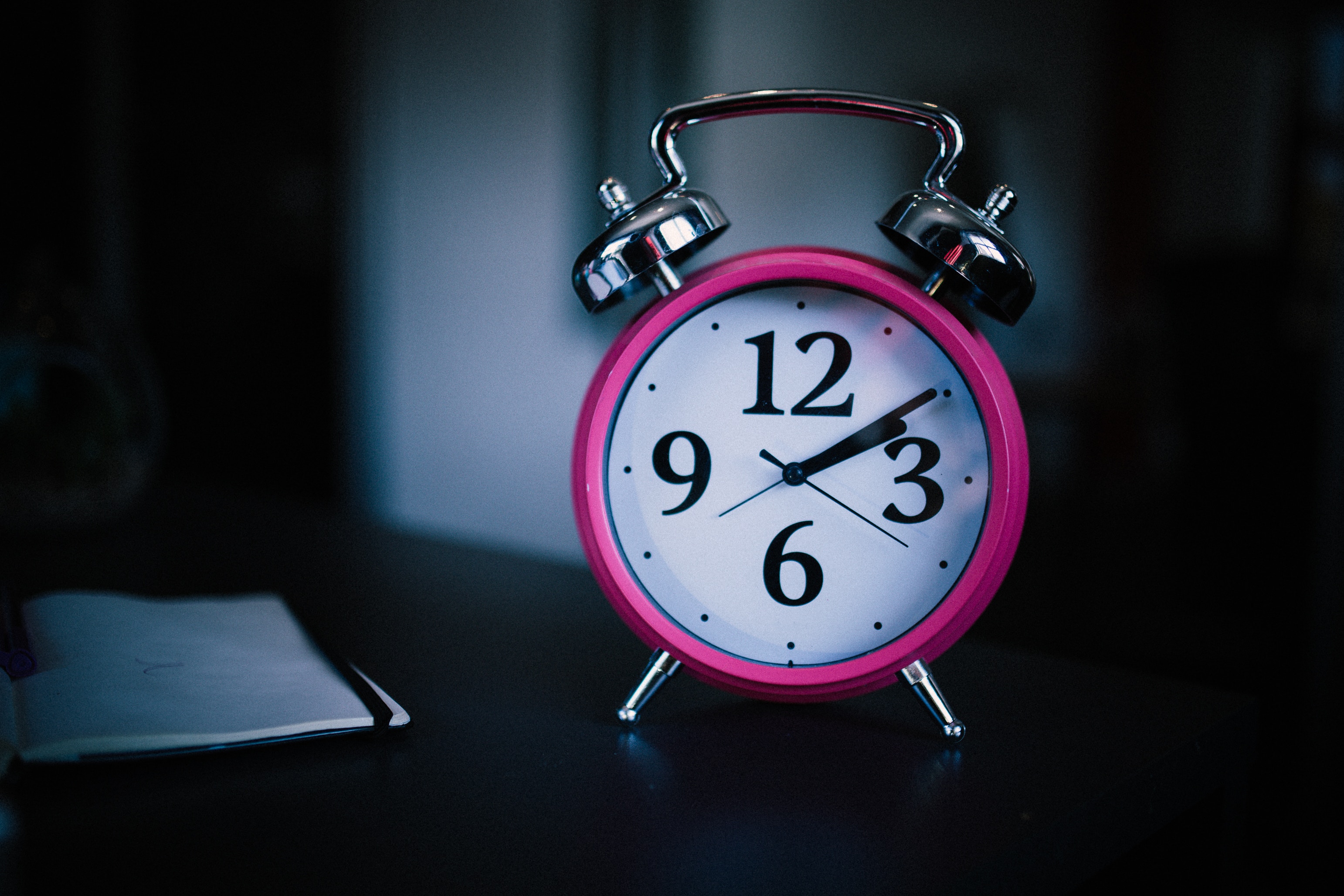According to the Center for Disease Control, 1 out of 3 people living in the United States don’t get enough sleep. Americans are also the least happy that they’ve ever been, and nearly a third spend their lifetime in near-poverty. Sorting out the causes from the effects in all this is, of course, next to impossible. What we do know, though, is that sleep is one of the most important aspects of human health and that happiness and productivity are directly correlated with well-being. It stands to reason, then, that whatever our situation is, one way to improve it (or keep it from deteriorating) is to prioritize healthy sleeping habits.
Your body will thank you by getting sick less
It’s hard to feel very happy or excited when you’re in bed with a cold or the flu. It’s even harder to get anything done. Unfortunately, those unproductive sick days often force you to work longer and harder once you recover, increasing your stress and reducing the quantity and quality of your sleep. Here’s why that’s such a vicious cycle:
Immune functions operate on a schedule that is synchronized with the 24-hour sleep and wake cycle. This means that the amount, the quality, and the regularity of your sleep are all important in determining how well your immune system can do its job. Translation? A lack of sleep makes you more susceptible to illness and also lengthens the time it takes to recover. Along with hydration and nutrition, sleep helps provide the foundation for a healthy body — treating it as an afterthought is like trying to drive a car without air in the tires. It might move, but it won’t be a smooth ride.
Your brain will thank you, too
More than a century of research has taught us that losing sleep means losing memory. It also means sacrificing focus, creativity, and the ability to multi-task. Contrary to the toxic old idea that “sleep is for the weak,” willpower has absolutely nothing to do with your ability to function while sleep-deprived when your brain is actually slower at the cellular level.
Want higher test scores? Sleep more. Want to learn new information or skills more quickly? Sleep more. As if all the reasons above aren’t enough, people who’ve slept less than 7 of the last 24 hours are more likely to be involved in a motor vehicle crash or industrial accident — just two of the ways that lack of sleep can literally take your life.
How to fix your broken sleep habits
There’s a lot of research out there about how to get better sleep, and certain tactics may work better for some people than others. There are a few tips, however, that virtually everyone can benefit from when it comes to improving your sleep quality.
Track it.
There are tons of devices and apps out there made to create and organize sleep data. Take your pick, and use them to learn what’s working for you at night, and what isn’t.
Black it.
Lights off, curtains closed. It’s proven that light disrupts sleep, so get rid of as much of it as possible to get the most out of your rest cycle.
Stack it.
One night of good sleep isn’t enough. Creating a routine — and sticking to it — is extremely important in order to give your body and mind the benefits of its natural need for sleep.


